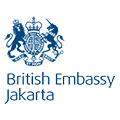Ringkasan Kebijakan – Percepatan Pelaksanaan Komersial Off-Grid Energi Terbarukan di Indonesia
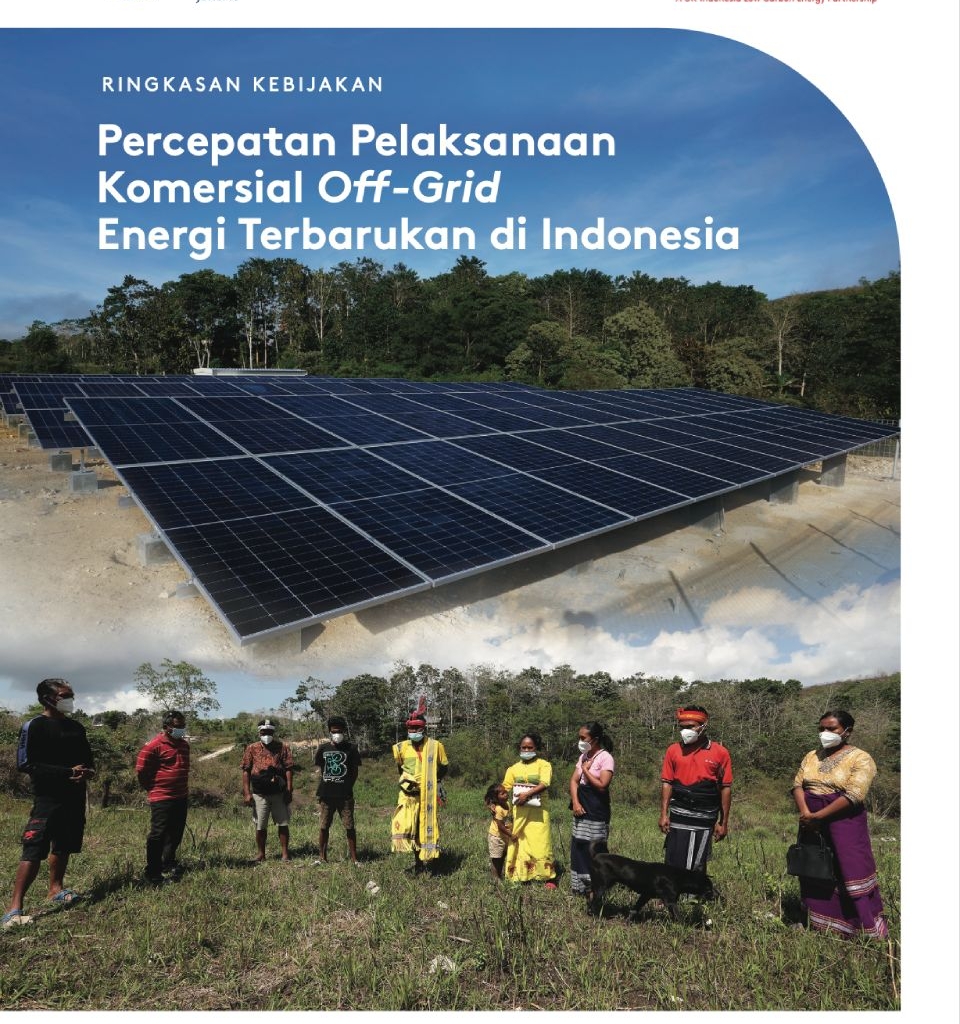
This policy brief describes the challenges of the electrification program in the remote area, such as long distances between houses and unequal distribution, low demand, uncertain growth, and difficulty accessing the supply chain. Another challenge is the gap in legal and regulatory frameworks in supporting commercial off-grid electrification programs. This summary proposes a new off-grid […]
Kajian Kebijakan – Penguatan Kapasitas Rantai Pasok Domestik Energi Terbarukan
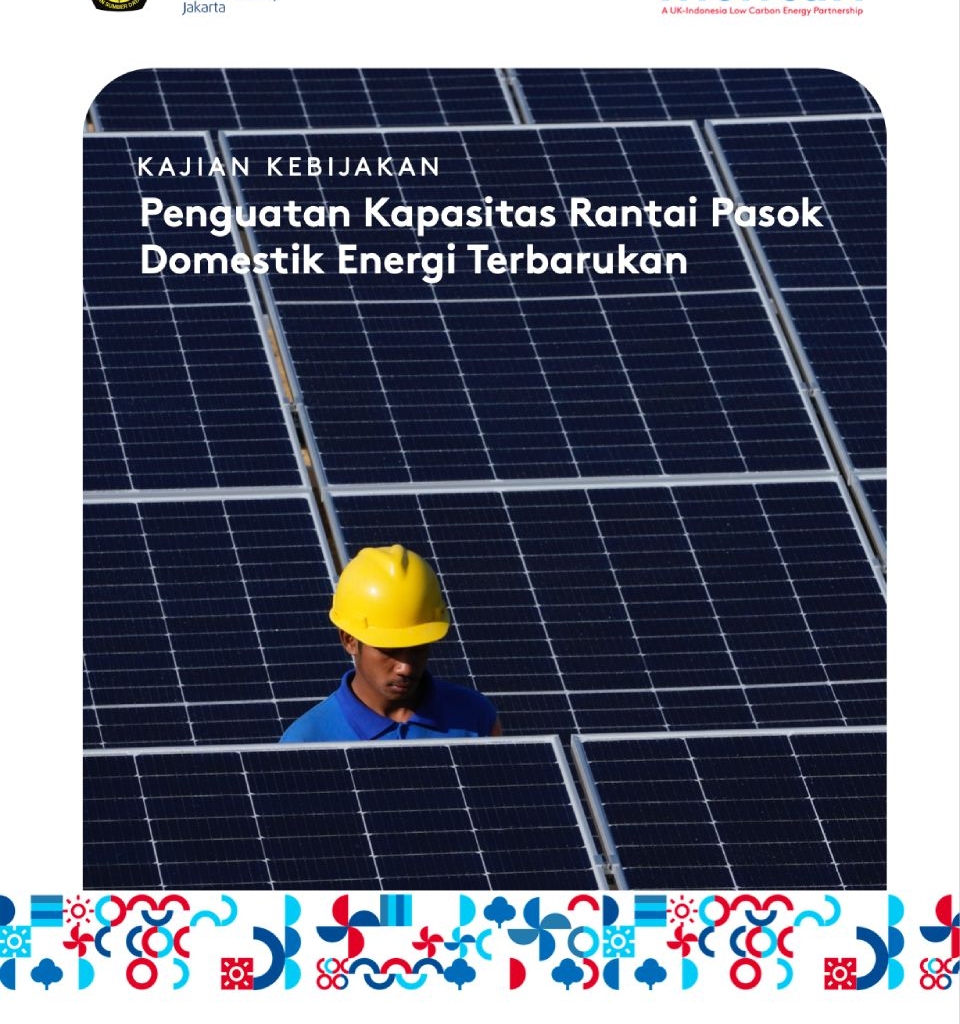
Renewable energy implementation is expected to meet high demand and production capacity. This implementation is supported by one of the main supporting policies, which is the implementation of the local content requirement to strengthen the domestic supply chain of renewable energy. This study explains the importance of the local content requirement; the implications and challenges […]
In-depth Assessment of Commercial Off-grid Renewable Energy Business Models
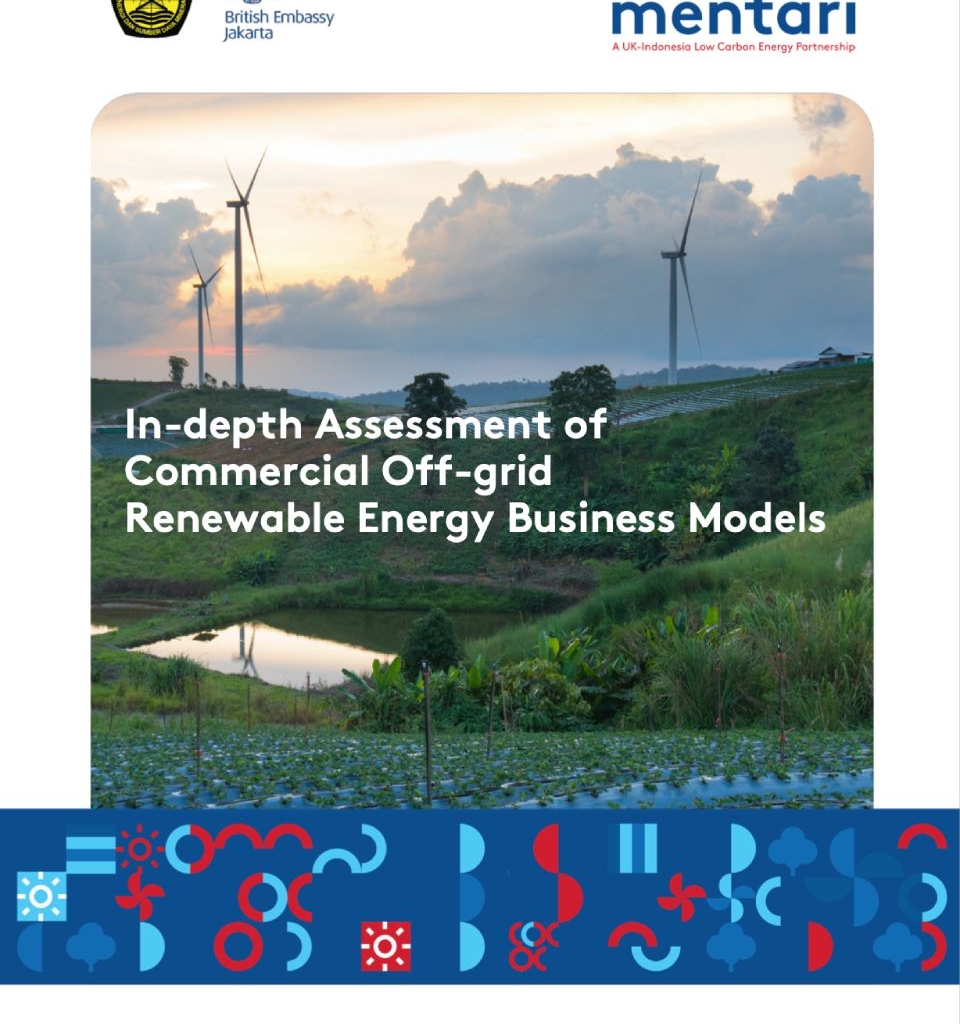
This study assesses three renewable energy business models that are selected as potential enablers for off-grid commercial development: the micro independent power producer (micro-IPP) model, the joint operation cooperation contract (KSO) model, and the local government-owned-private enterprise partnership (BUMD-partnership) model. We assess the three models from different perspectives: legal, regulatory and institutional gaps, economic and […]
Mainstreaming Gender and Inclusion in Renewable Energy Projects
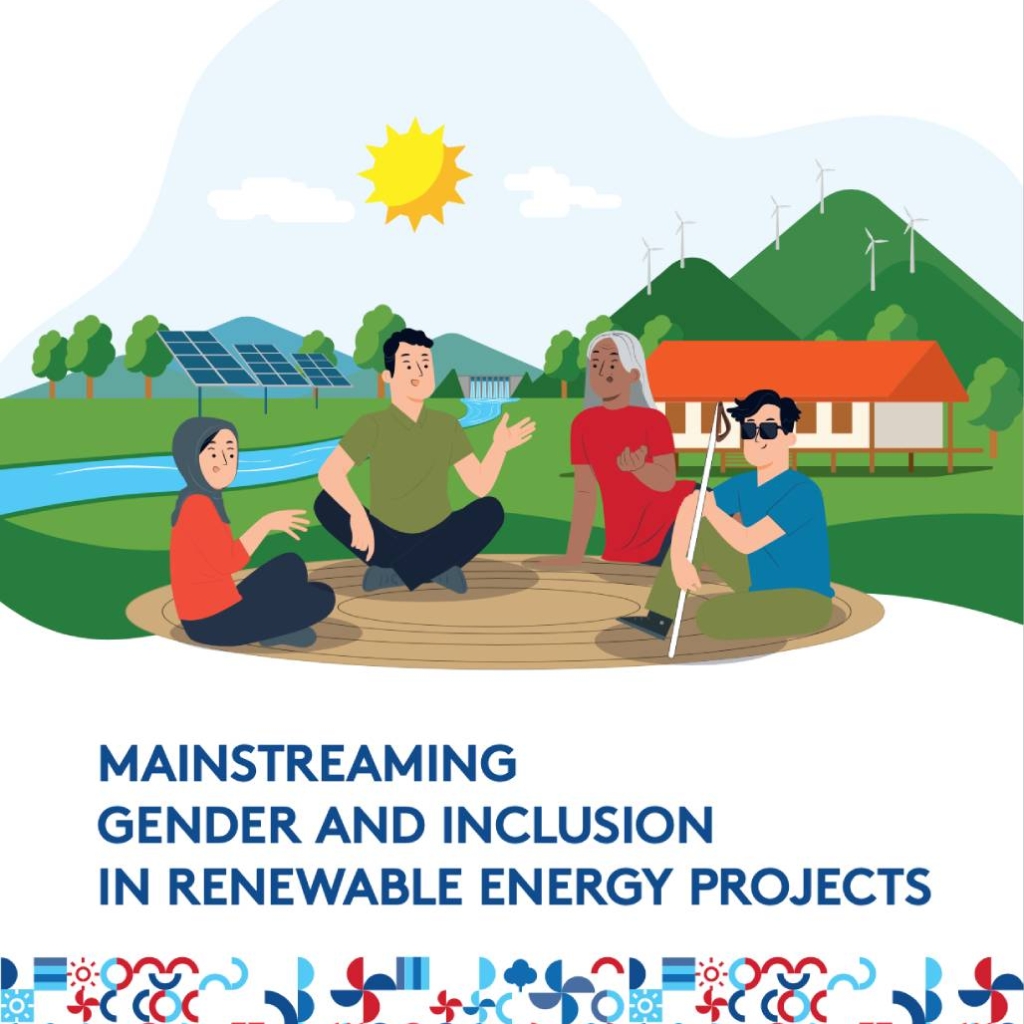
This case study highlights MENTARI’s efforts and interventions to encourage project developers to mainstream gender and inclusion (G&I) in their renewable energy projects. Two project developers in the MENTARI pipeline, namely HDF Energy and Watala, have been aiming to integrate G&I into their companies and projects with MENTARI’s assistance. This study outlines some of the […]
DIgSILENT PowerFactory Training
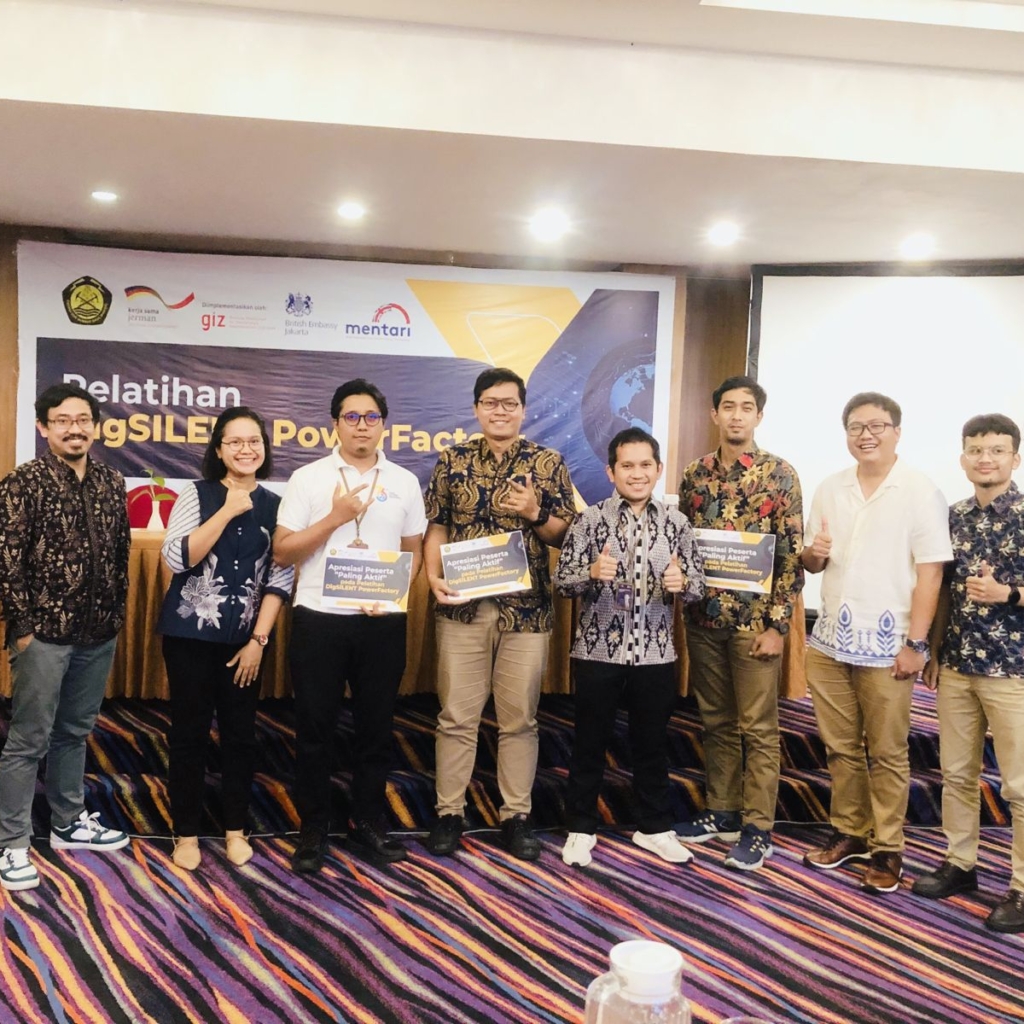
By: MENTARI and REEP2 In anticipation of Presidential Regulation No. 112 in 2022, MENTARI has developed guidelines for determining renewable energy quotas using the Renewable Energy Grid Integration method that was published in 2020. Subsequently, MENTARI collaborated with the Deutsche Gesellschaft Zusammenarbeit (GIZ) Renewable Energy for Electrification Programme 2 (REEP2) on behalf of the German […]
Last Mile Electrification Programme: A light at the end of the tunnel
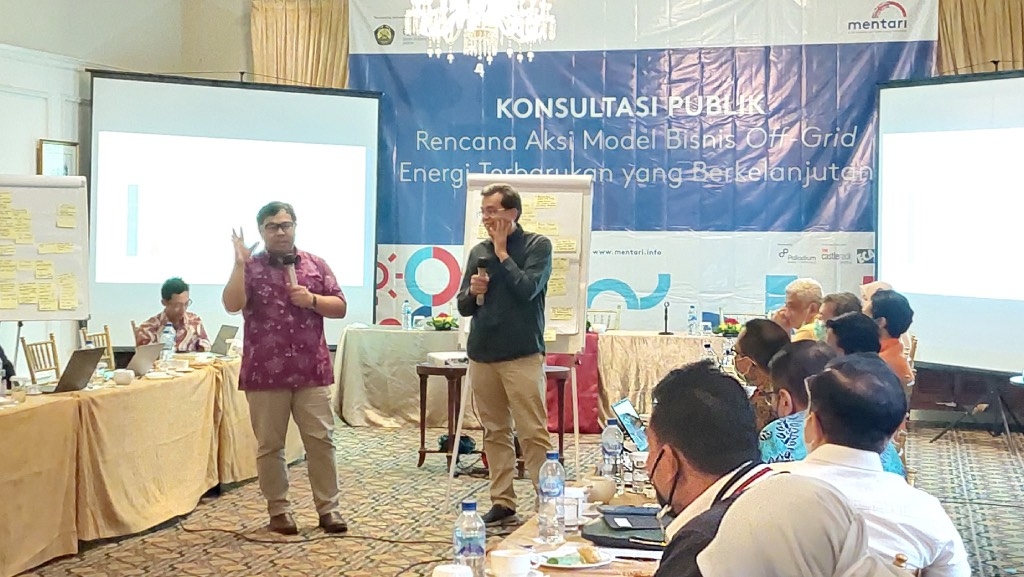
Background Last mile electrification is a difficult undertaking irrespective of its geographical context. Nevertheless, it faces additional challenges when executed in an archipelago such as Indonesia, where a limited supply of parts and equipment, low energy demand, and future growth uncertainty impact its successful implementation. Although Indonesia achieved a 99.4% electrification ratio in 2021, 466 […]
MENTARI and PT Sarana Multi Infrastruktur (Persero) to Provide Grant Funding for Renewable Energy Projects in Indonesia
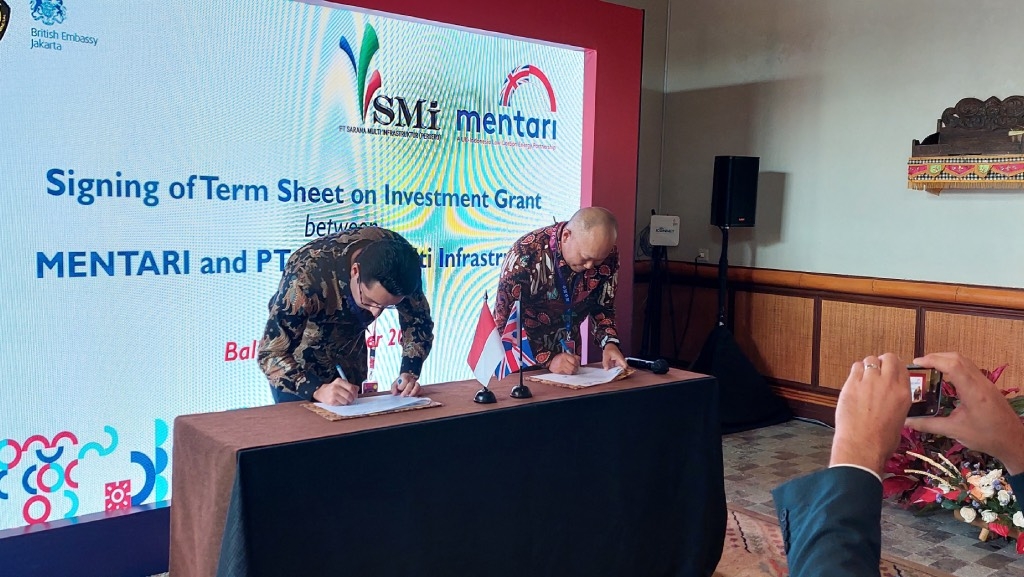
In early 2022, MENTARI (Menuju Transisi Energi Rendah Karbon Indonesia), the UK-Indonesia low carbon energy partnership, received GBP 2.7 million additional grant funding from the UK Government to support the acceleration of renewable energy infrastructure initiatives in Indonesia. MENTARI and PT Sarana Multi Infrastruktur (Persero) (“PT SMI”), signed a partnership to utilise the investment grants […]
HOMER Pro Training for Diesel Replacement Programme
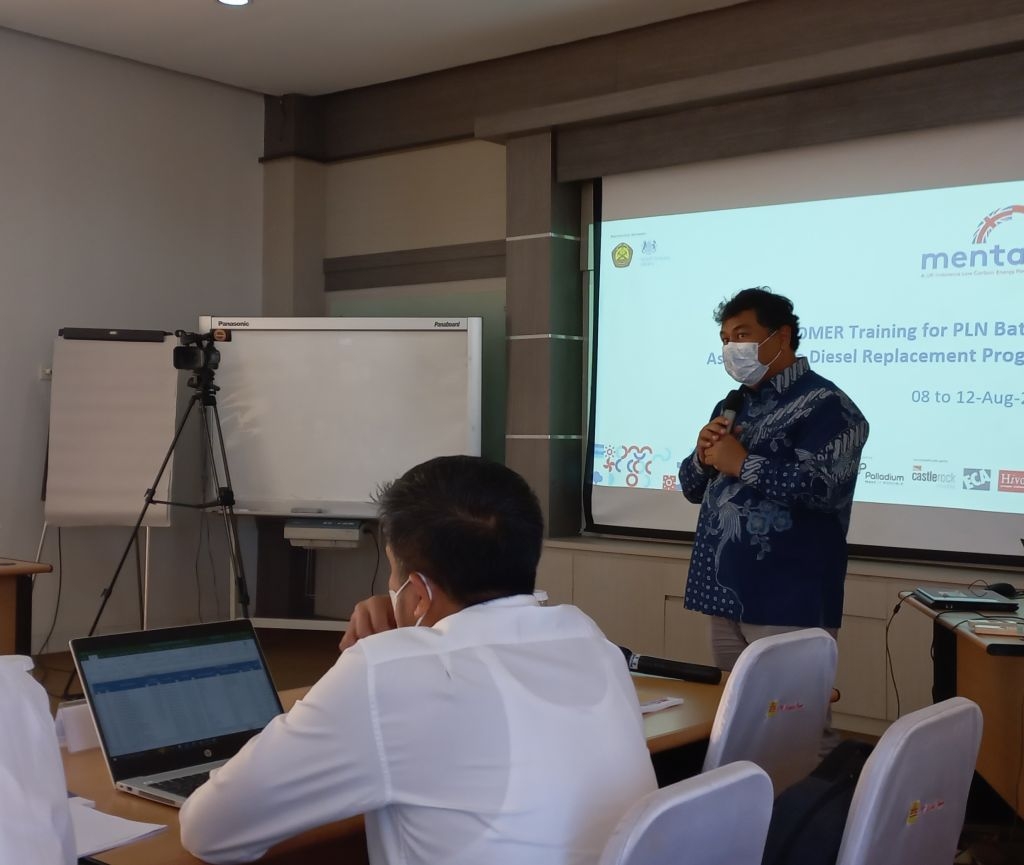
By: Policy Strand MENTARI PLN’s Diesel Replacement Program was publicly launched in March 2022, with the ambition to convert 499 MW of diesel to new renewable energy in two batches. The first batch covers 183 locations with a total 212 MW of existing diesel generator set capacity (to be hybridised with solar PV and battery […]
MENTARI – UK Indonesia Low Carbon Energy partnership, Inauguration of a 95 kWp community-owned solar and battery mini-grid in Central Sumba
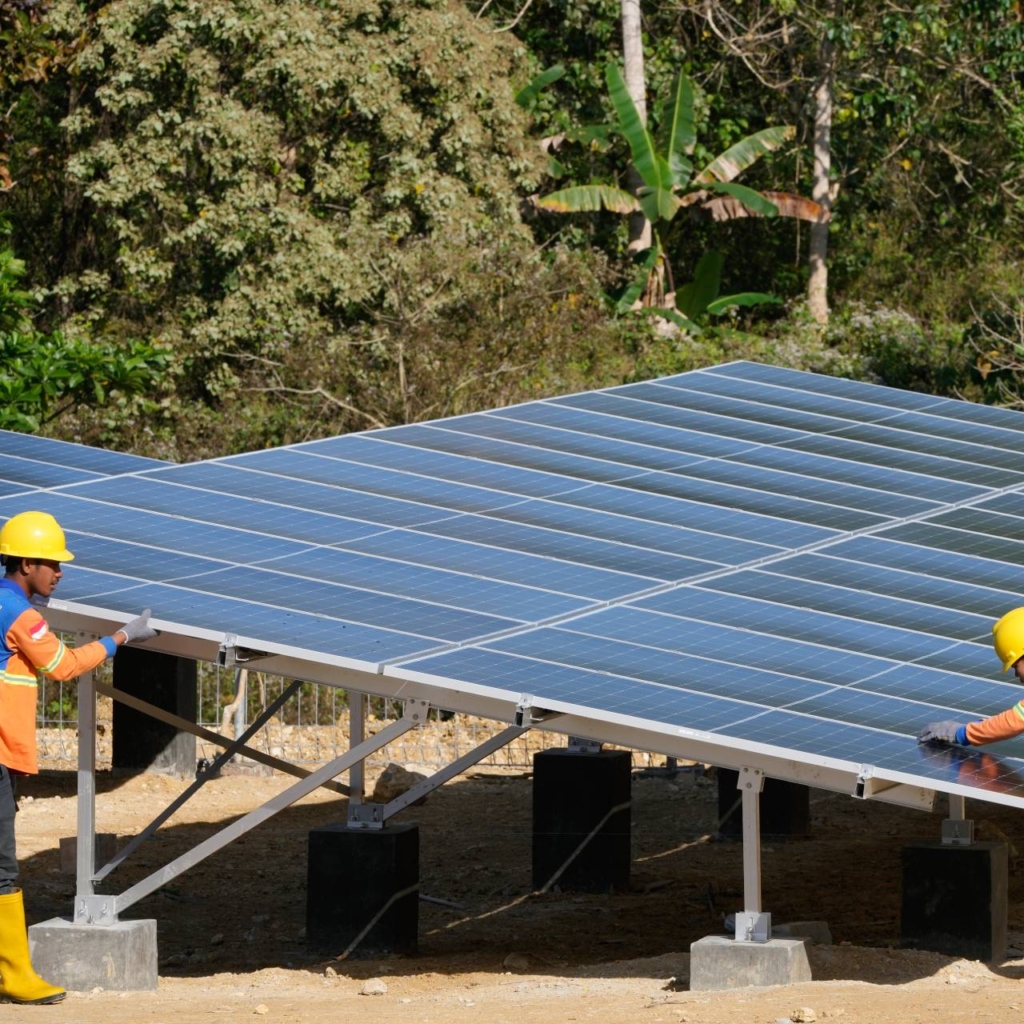
The UK-Indonesia MENTARI (Menuju Transisi Energi Rendah Karbon Indonesia) in partnership with Mata Redi and Mata Woga communities and local government of Central Sumba, East Nusa Tenggara, installs a solar and battery mini-grid to provide the communities with access to clean, reliable and affordable energy. On 26 August 2022, British Ambassador to Indonesia and Timor […]
Unlocking young women’s potential: The MENTARI programme in Mata Redi & Mata Woga
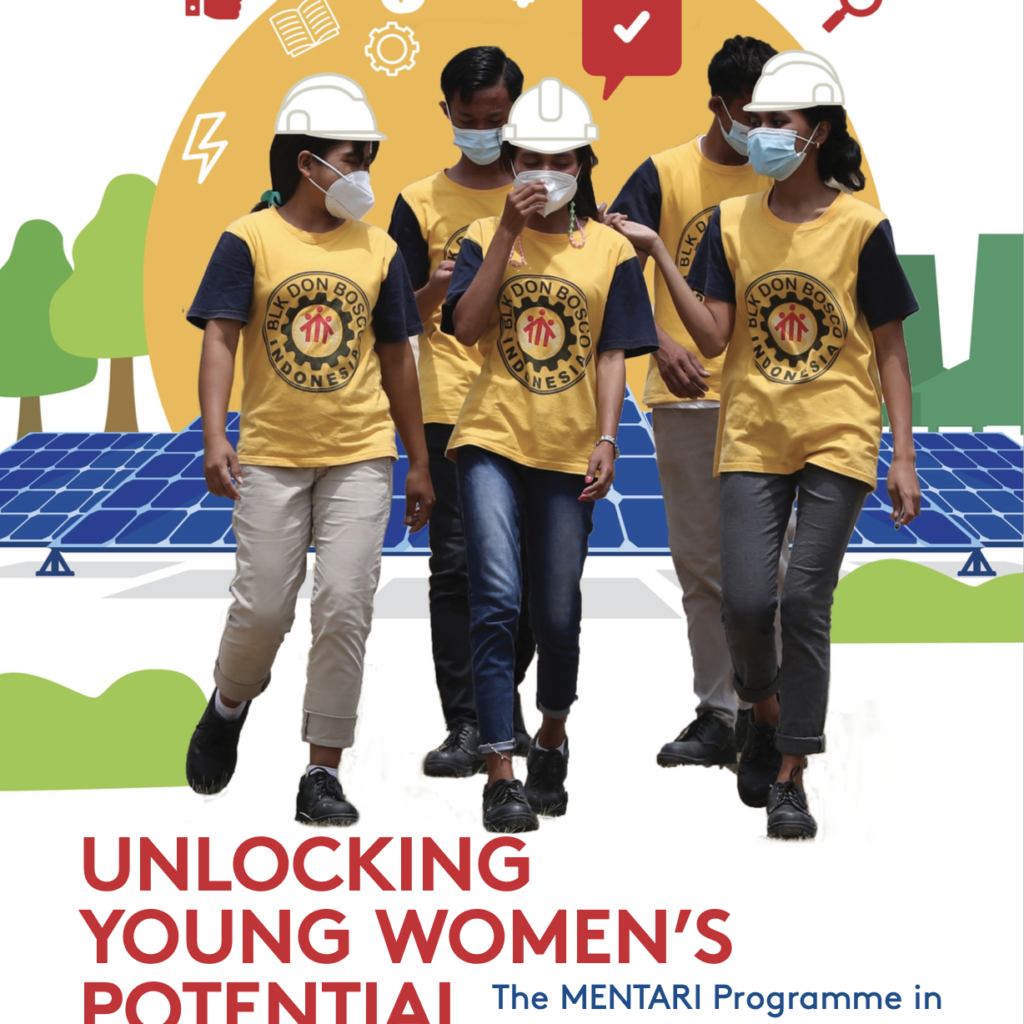
Women and young women are major stakeholders in the renewable energy industry and yet their involvement in this field is still limited. One of the main barriers to their participation are inadequate education in science, technology, engineering and mathematics (STEM). Meanwhile, MENTARI has set up a demonstration project to install solar power plants for the […]

